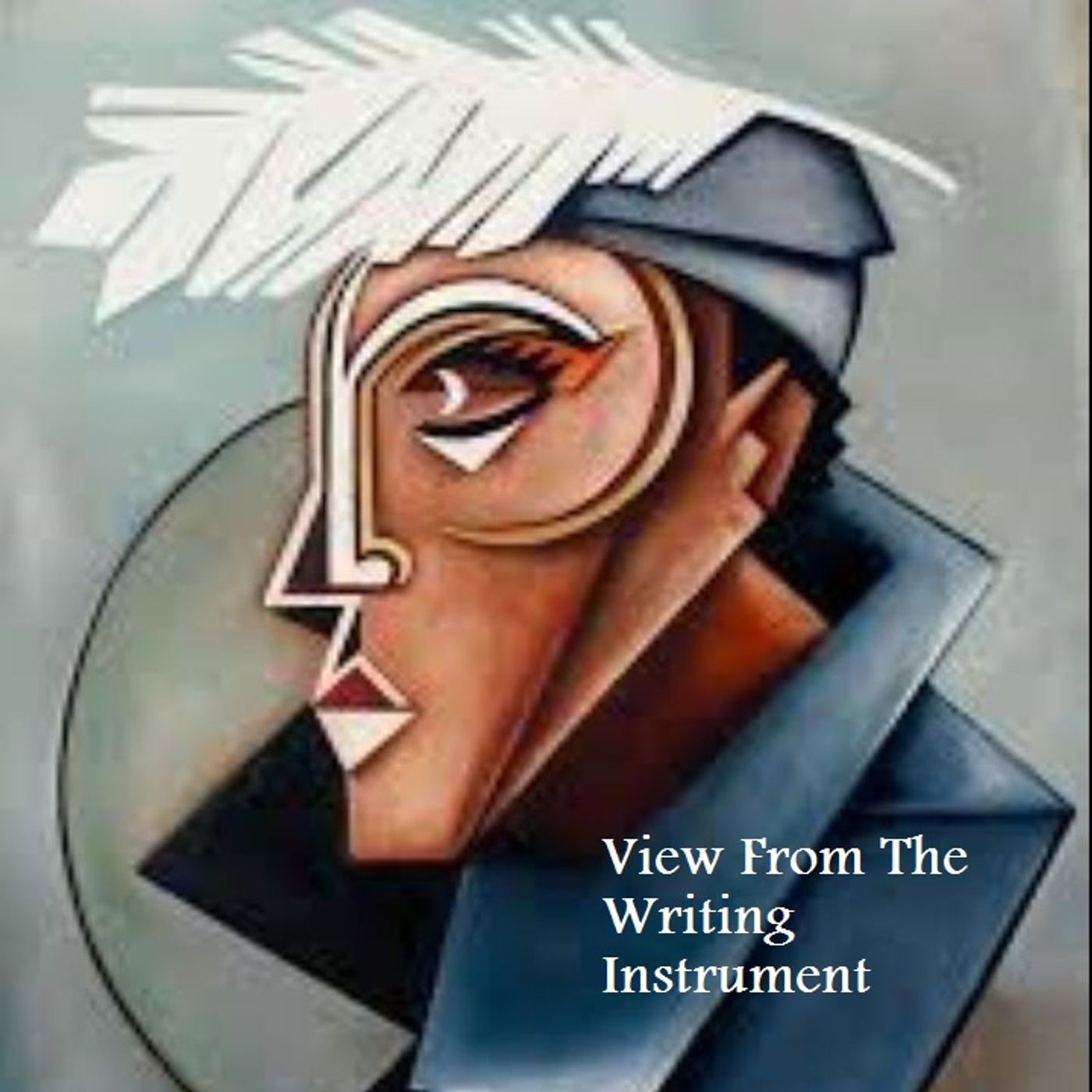- Arts
- Books
- SEE MORE
- classical
- general
- talk
- News
- Family
- Bürgerfunk
- pop
- Islam
- soul
- jazz
- Comedy
- humor
- wissenschaft
- opera
- baroque
- gesellschaft
- theater
- Local
- alternative
- electro
- rock
- rap
- lifestyle
- Music
- como
- RNE
- ballads
- greek
- Buddhism
- deportes
- christian
- Technology
- piano
- djs
- Dance
- dutch
- flamenco
- social
- hope
- christian rock
- academia
- afrique
- Business
- musique
- ελληνική-μουσική
- religion
- World radio
- Zarzuela
- travel
- World
- NFL
- media
- Art
- public
- Sports
- Gospel
- st.
- baptist
- Leisure
- Kids & Family
- musical
- club
- Culture
- Health & Fitness
- True Crime
- Fiction
- children
- Society & Culture
- TV & Film
- gold
- kunst
- música
- gay
- Natural
- a
- francais
- bach
- economics
- kultur
- evangelical
- tech
- Opinion
- Government
- gaming
- College
- technik
- History
- Jesus
- Health
- movies
- radio
- services
- Church
- podcast
- Education
- international
- Transportation
- Other
- kids
- podcasts
- philadelphia
- Noticias
- love
- sport
- Salud
- film
- and
- 4chan
- Disco
- Stories
- fashion
- Arts
- interviews
- hardstyle
- entertainment
- humour
- medieval
- literature
- alma
- Cultura
- video
- TV
- Science
- en
Arthur Levine Releases The Book The Great Upheaval

In the next 20 years, consumers of higher education will determine what higher education will be, and every institution will have to change. Everyone will have the same kind of choice and just-in-time opportunities to take courses from a broader range of providers as we have in music, film, and newspapers.
Research universities and residential colleges will be more aligned with work and offer new types of credentials. Community colleges and regional universities will be disrupted, providing low-cost, anytime/anywhere courses, and will likely have to compete with brand-name corporations and cultural agencies that offer the same kind of just-in-time credentials.
Arthur Levine, former president of Teachers College, Columbia University, and co-author of The Great Upheaval: The Past, Present and Uncertain Future of Higher Education, argues that these changes will create equity issues in higher education, leading to a two-tiered system, one for affluent students and the other for low-income students and students of color.
He argues for providing students with the differential resources they require to achieve the same result. This will require expanding scholarship programs, making education free of cost from grade 12 today to grade 14, closing the digital divide for underserved populations, and providing students with not only greater access to higher education but also greater choice among institutions.
Meanwhile, as our society becomes more fragmented and divided, we have reason to worry that higher education’s transformation will further fragment us. College is likely to be an increasingly individualized experience aimed at connecting people to new uses of knowledge but not common knowledge.” All things considered” may soon become “one thing considered,” with each person determining what they want that thing to be. This calls for a new common curriculum that focuses on what unites us as humans and includes study of communications, our shared heritage, ethics and values, critical thinking, and how to live in a diverse, interconnected, multicultural world.